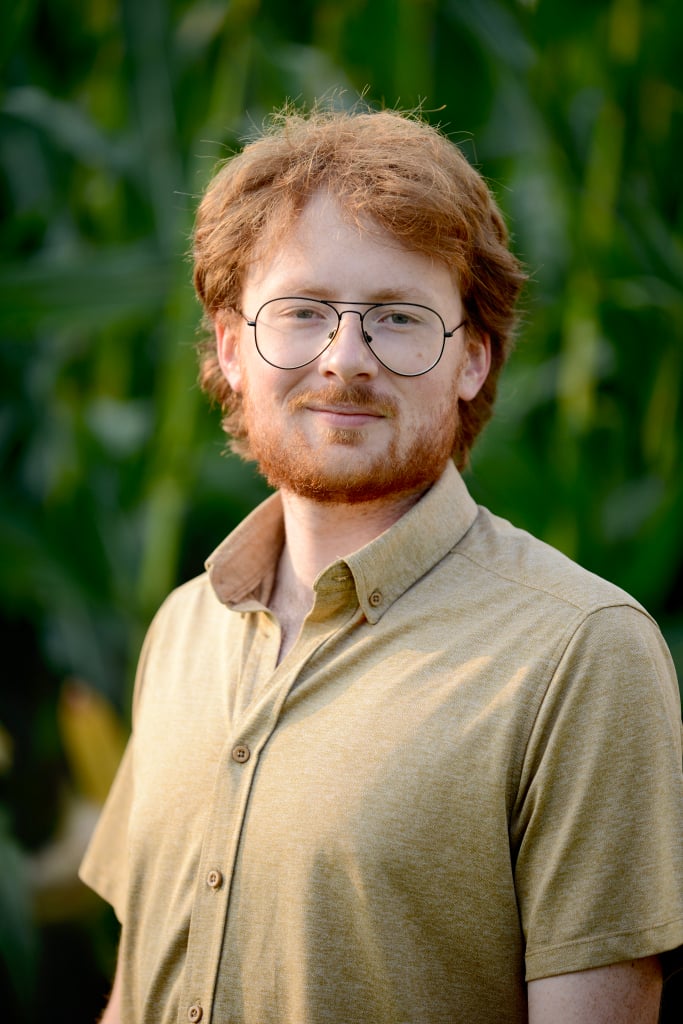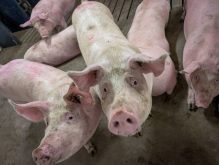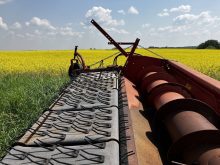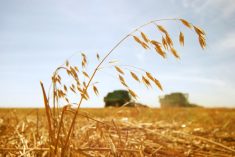The agenda for this year’s G7 Leader’s Summit contains no discussions of agriculture or food security, but one organization is aiming to make up for what the G7 lacks with an event of it own.
The G7 summit will be held from June 15-17 in Kananaskis, Alta. In response, Canada’s office of the Inter-American Institute for Cooperation in Agriculture (IICA) will host the 2025 Americas Agriculture and Food Security Forum at Olds College on the same dates.
The event will accommodate 250 participants on an invitation-only basis, but will also be open to 1,000 attendees via Zoom, with live interpretation in four languages.
Read Also
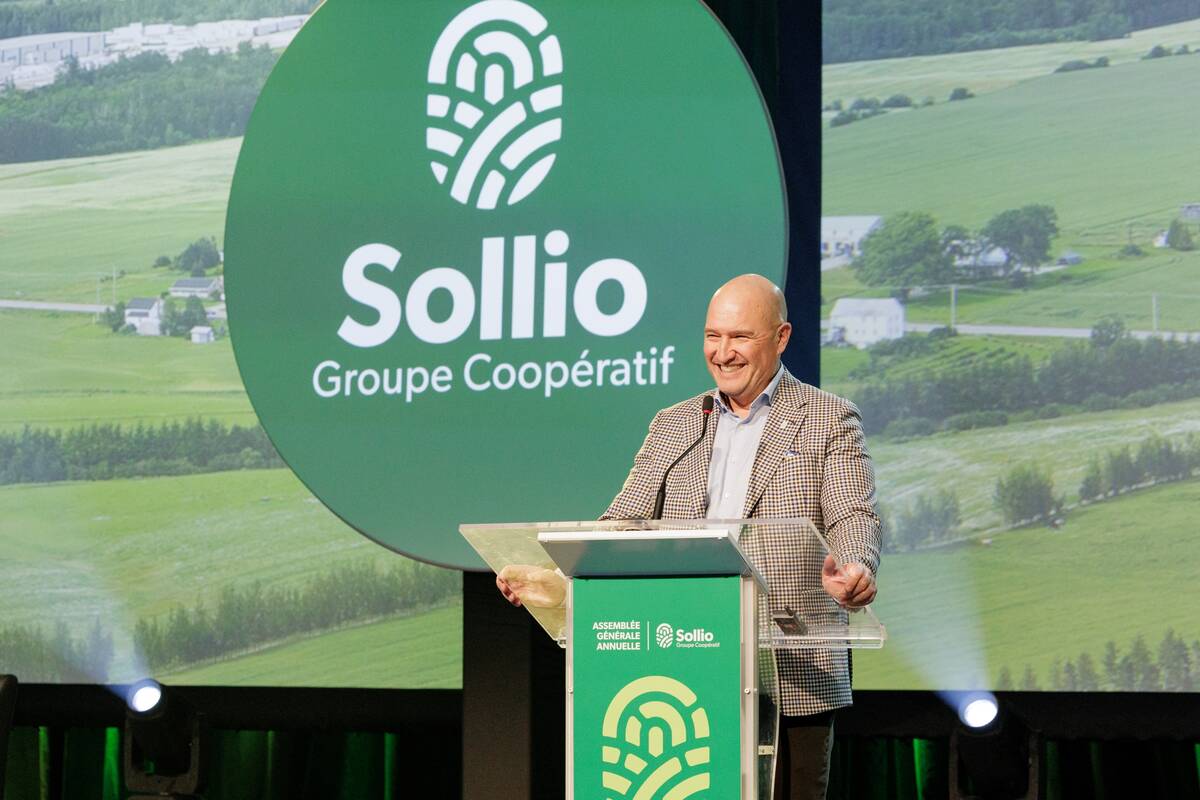
Olymel parent company sees increased earnings in 2025
Meat processor Olymel recorded sales of nearly $4.9 billion in 2025 helped by strong pork and chicken markets said parent company Sollio Cooperative Group.
Tomorrow’s agriculture today
“In parallel to the G7, we’re hosting a two-day event the same days, on the Monday and Tuesday,” said Jean-Charles Le Vallée, country representative for IICA Canada.
“It’s a full day and a half day. And we will have discussions at the political level, leadership level. We’ll have science and innovation discussions, food security discussions, an ag tech discussion, a food tech discussion.”
Le Vallée said the main theme is “tomorrow’s agriculture today.”
The Mexican ambassador is slated to attend as well as representation from the U.S. Department of Agriculture and Agriculture Canada. Le Vallée said he will also invite new federal agriculture minister Heath MacDonald.
Programming includes a culinary demonstration of Indigenous cuisine, perspectives from the World Bank and the American Development Bank and an Indigenous farmer from Saskatchewan, smart farm tours and agri-tech showcases.
A celebration of what Canadian farmers do
Le Vallé said the event will also be a celebration of farmers and agriculture.
“Thank you for what you do,” he said.
“This is what this event is about, too. So, it’s a celebration of what you do.”
This plays into the central idea of the event, that agriculture is a key part of the solution to international problems.
“Yes, there are other global concerns around security and energy and war. Those are important, very, very important,” Le Vallée said of the G7 agenda.
“Agriculture can help. They’re part of the solution. They are an engine of growth, and the potential is huge.”
He said IICA has worked to try to celebrate and raise the profile of farmers through efforts such as a virtual agriculture museum and an award given to recipients who have an impact on agriculture and rural spaces. This year, Canadian senator Mary Robinson will receive the award.
Showcasing Canadian leadership
Le Vallée said he wanted to take advantage of the Canada’s positioning in the G7 this year.
“Canada has the presidency this year. It’s not often out of the seven countries that it comes around Canada. So, we wanted to maximize and benefit the agriculture world,” he said.
“It’ll be a great way to showcase Canada’s agriculture leadership.”
He said Canada and the Americas will have to become world leaders in agriculture as the world’s population continues to increase. Estimates from Lancet and the United Nations show global population growing to 11 billion by the 2060s.
“We have to feed not only our own citizens, but the world,” he said.
“The Americas are, as a continent, the most important breadbasket for the planet. Canada to Argentina have a significant role in ensuring food security and peace through agriculture.
“That means better productivity. That means more responsibility, that means more sustainability and profitability to make sure farmers can stay in business and grow, not just maintain current revenues, but have them grow their businesses.”
This is a topic he said he hopes to expand on through the event at Olds College.
“We can do that, but we need to be more strategic. We need to come together. That’s why I want to use this forum, which I’m hoping will be the first of many over the next 40 years (as) a platform, a space for dialogue to find common ground.”
He said he hopes the event can become an annual affair if it sees enough support.

